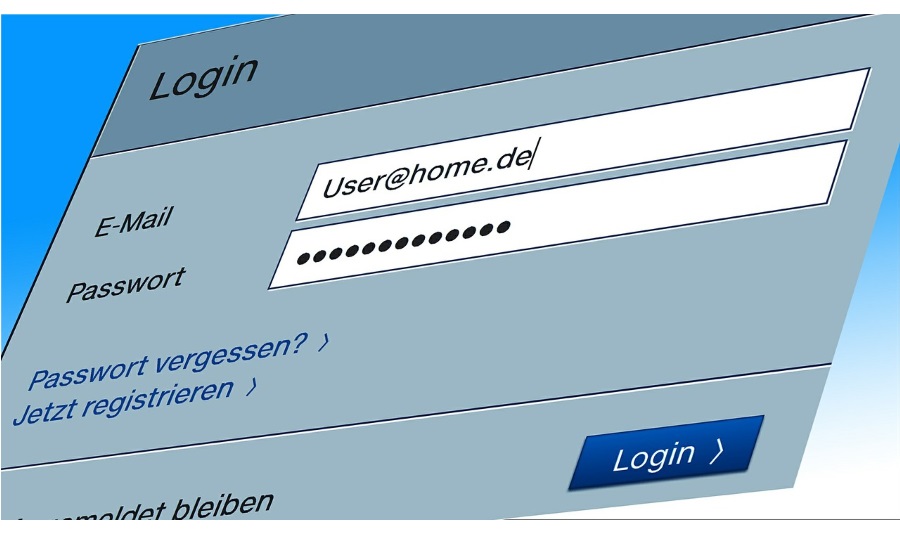

by fastening it, compared to not fastening it), then you can tolerate less effective braking. For a given target probability of dying, if you enhance the safety belt (e.g. Good brakes reduce the first probability, while the safety belt reduces the second probability.

When you drive your car, your probability to be killed during a given journey is the probability of your having an accident, multiplied by the probability of your being killed when an accident occurs. Mostly, two-factor authentication reduces the need for strong passwords in the same way as safety belts in cars reduce the need for efficient brakes. Overall, I'd say that you should still use a good password, to guard against any vulnerabilities that emerge in the 2FA, or in the rest of the system as a whole. If that's the case, then having a good password is a useful extra factor of protection, given that you don't have to use the 2FA. Google, for instance, can text another phone, or use single use back up codes. Bear in mind that most 2FA systems will need a backup system to use if the 2FA token generator, be it a phone, keyfob or whatever, is not working.Another, IMO equally valid view, is that because 2FA doesn't make logging in siginificantly more difficult or complicated, decreasing the quality of a password, when you are already accustomed to using passwords, would be foolish, because it's a decrease in security you don't need to make.2FA does significantly increase the time taken to penetrate a system, so one view would be that you could reduce the quality of any password, so long as you have, overall, still increased the difficulty of getting in.It's a very subjective notion, and answers to this will be largely opinion based.


 0 kommentar(er)
0 kommentar(er)
